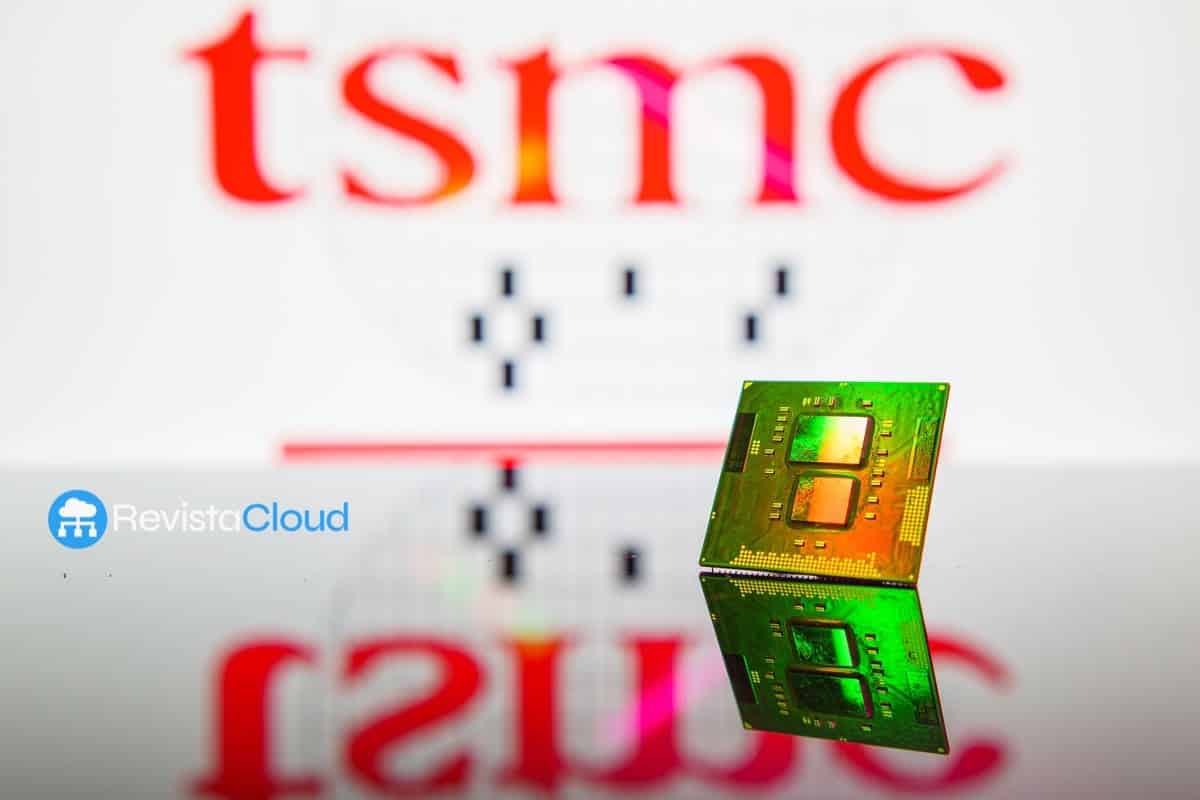The Taiwanese semiconductor giant TSMC has decided to redirect its strategic investments towards the United States, putting other international projects—such as the second factory in Japan—on the back burner, as reported in a new article from the Wall Street Journal cited by Wccftech.
Pressure from the U.S. and Fear of “Trump Tariffs”
Although TSMC’s global expansion has been a clear goal in recent years, the growing interest of the U.S. government in securing domestic chip production—especially since the Trump administration—has radically altered the manufacturer’s priorities. Threats of imposing tariffs of up to 100% on chips coming from Taiwan have led TSMC to consider the U.S. as its “second home” after its original base in Asia.
This change is not solely commercial. According to sources cited by WSJ, political pressure has been a decisive factor in the Taiwanese company redirecting a large portion of its financial resources towards the Arizona plant, which is already operational with advanced nodes and plans to reach 1.4 nm processes before 2030.
Japan and Germany on Pause
The decision has resulted in the halt of projects in Japan and Germany, where TSMC had ambitious plans. The most notable case is the second factory in Japan, which now faces an uncertain future. Despite the growing demand in Asia and Europe, the commitment to the U.S. has become the top priority, especially given the interests of major clients such as NVIDIA, Apple, Microsoft, and Amazon, who have explicitly requested that their chips be manufactured within U.S. territory.
The AI Value Chain is Also Shifting
The U.S. strategy goes beyond chips: companies like Foxconn and Quanta, key suppliers in the artificial intelligence value chain and direct collaborators with NVIDIA, are also moving part of their production to the U.S. This reinforces the narrative pushed by Trump and continued by the Biden administration to promote the “Made in USA” label in critical sectors.
Conclusion
TSMC is turning the United States into the new epicenter of its international production, driven by a mix of political pressure, trade security, and proximity to its largest tech clients. As the technological war among powers progresses, semiconductor manufacturing is no longer just an issue of industrial efficiency but has become a key axis of national sovereignty and geopolitics.
Source: wccftech

